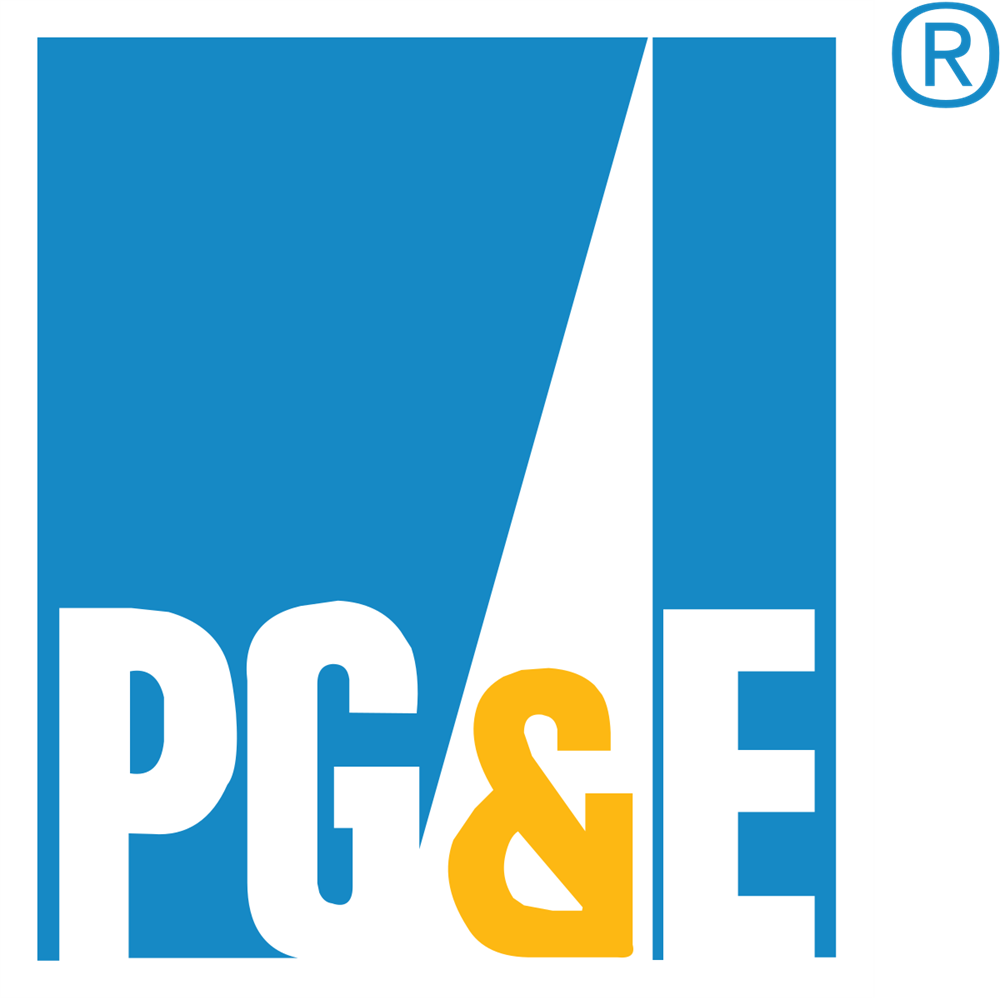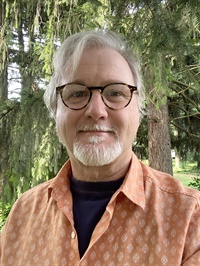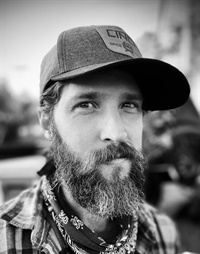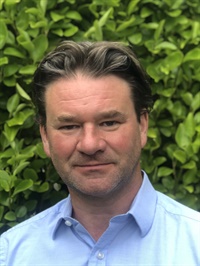
Smart Strategies for Converting Buildings or Cultivation Systems
A greenhouse or indoor farm is more machine than building: Once turned on, it constantly cycles to balance climate to targeted setpoints. In some cases, this makes retrofits more challenging than building from the ground up, especially if being done while the “machine is still running” in order to maintain income. Gain confidence in your project design and execution, whether it be retrofitting new equipment into an existing grow operation, or a more substantial retrofit of a vacant building into an agricultural facility. The workshop audience will learn how to monitor energy and water use and make informed decisions about the need for new cultivation systems, be it lighting, HVAC, benching, greenhouse covering, irrigation or water circularity. Expert panelists will also discuss energy upgrades and retrofitting to renewable energy. For full building retrofits, learn the unique load requirements, building envelope, utility access and contamination issues before the design begins rather than after construction is under way. Participants will gain an understanding of when outside specialists will be required for their project, and what incentive programs exist to offset a portion of the costs.
Topical areas include:
Retrofitting existing buildings to CEA
Retrofitting existing CEA facilities with more efficient systems
Measuring water usage
Energy Monitoring Tool Lending Programs
Building envelopes and MEP considerations
Considerations for DIY vs outside contracting
Impact of new cultivation systems on existing systems
Retrofitting on-site renewable energy
Learning Objectives:
Understand the scope and resources for the two types of retrofit
Learn how to assess the MEP and building structure for retrofit
Understand the impact of retrofitting a cultivation system upon other systems
Better plan and manage operations during a retrofit project
Target audience:
Cultivators
Operations & Facility Staff
Design & Construction Partners
Property Owners
Utility & Government Representatives
| Funded with support from: |  |
| California Efficient Yields PG&E Workshop 3: Efficient Irrigation Techniques and Water Reuse (14.1 MB) | Download | ||

Rob has over 30 years of experience in plant growth facility management, plant research and commercial production. At Purdue University, he brought online and managed a computer- controlled 40,000 ft 2 research facility, made up of 25 greenhouses and over 60 growth chambers and grow rooms. He was responsible for hundreds of CEA studies involving flowering, food and medicinal species. He served on design teams for greenhouse projects and one of the first automated machine-vision phenotyping centers in the country. In his consulting role, he supported major hydroponic produce growers AeroFarms and Bright Farms; Big Ag companies Dow AgroSciences, Novozymes and Indigo Ag; and several cannabis operations including Clade9. He wrote cultivation plans for cannabis licenses awarded in Missouri and West Virginia.
Rob’s protocols for optimizing greenhouse production have been downloaded over 70,000 times in 104 countries. He participated in the publication, A Practical Guide to Containment: Plant Biosafety in Research Greenhouses, recognized throughout the world as a primary resource for safe production of genetically modified crops. In 2016, he was a member of the International Committee for Controlled Environment Guidelines that published Guidelines for Measuring and Reporting Environmental Parameters for Experiments in Greenhouse Facilities, the seminal document of quality assurance protocols for plant science research.
In his free time, Rob enjoys gardening, growing microgreens under LEDs, baking and winning croquet matches against his three grown children.

Derek Gambrel is the Owner and CEO of Redwood Remedies, a Mendocino County, California based cannabis company, operating Tier 2 mixed-light, outdoor, distribution, and nursery licenses. Derek founded Redwood Remedies in 2013 as a high-quality, craft cannabis flower brand. Redwood Remedies has become one of the state's first accredited producers of OCAL certified, comparable-to-organic, cannabis in California. In addition to flower cultivation, Derek has built a robust genetic library of proprietary and unique cannabis varietals that are provided as nursery stock, as well as being showcased on the Redwood Remedies flower menu.
Derek graduated from Purdue University in 2004 with a degree in Agriculture, specializing in Horticulture Production and Marketing. After college, he worked as a Grower at PRT in Oregon growing conifer seedlings for reforestation.
In his free time Derek enjoys traveling, going to live music events, cooking, and spending time with family.

Andy joined Grodan in 2000 as a crop consultant for Western Europe. Over the years the role and its market focus evolved taking him to Grodan customers in Asia Pacific, North America and East Europe. He now leads Grodans knowledge program.
Andy is a regular speaker at industry conferences and grower events. He has published numerous research reports as well crop technical articles which have appeared in horticultural trade magazines throughout the world. Andy’s unique position allows him to stay close to the leading edge developments within CEA in Europe. He represents Grodan in its wider knowledge generation program within collaborative government / industry funded projects. In 2009 Andy founded and still chairs the “Green Expert Platform” – a knowledge exchange forum for internationally recognised greenhouse crop consultants and industry specialists.